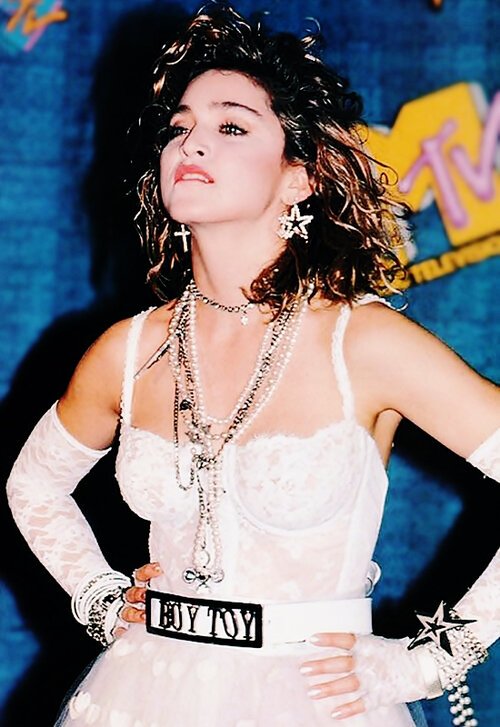IN THIS PHOTO: Lottie Bowser with her fiancé Ben at Glastonbury/PHOTO CREDIT: Lottie Bowser
This interview from September is heartbreaking. Lotte Bowser talks of the anger and fury that she felt when her fiancée died. How it has impacted her. Her book is one that you will need to read. She has had to rebuild her life from the ground up:
“Lotte Bowser was 30 when her fiancé, Ben, died. The year was 2020 and so the tragedy was furnished by a thousand others: treatment taken in isolation; last exchanges through layers of PPE; raw grief in lockdown.
In the months afterwards, forced into an alienating new reality, Lotte, now 34, began sharing fragments of her story online.
She typed lengthy Instagram captions to underscore images of herself and Ben bedecked in glitter at Glastonbury and of his proposal in front of Sydney's Harbour bridge on New Year's Eve 2019. Her words documented how it felt to pine, primally, for the person with whom she'd created a world.
It was on the platform, and via her revelations, that she found something she desperately needed – the support of others brutalised by partner loss at a cruel age.
In doing so, the former yoga teacher began to craft a new career as a writer. She's now preparing for the release of her debut book, Bittersweet: a Story of Love and Loss (Little A, £8.99), on 1 October. Within its pages you'll find the tale of Lotte and Ben's relationship, as well as how she radically re-imagined the architecture of her days after he died, including a move from London to Lisbon.
To mark the publication, Women's Health had a conversation with Lotte, which has been condensed for clarity, below. Scroll further down for an extract from the book.
Women's Health: Tell me about the book. Why did you feel compelled to write it; what is it about?
Lotte Bowser: The book is a tribute to my late partner, Ben, who I was with for six years in my twenties and who very tragically died, age 36, of soft tissue sarcoma and Covid 19 in November 2020.
It documents our meeting and the unfolding of our relationship over the course of the four and a half years before he was diagnosed, his subsequent illness and death, and the initial months and year of me trying to recalibrate and rebuild my life in in the wake of the loss. The themes are, I suppose, the enduring and boundless nature of love, grief and death and hope and resilience.
WH: You experienced the death of your partner at such a young age. How did that shape the experience?
LB: I was the first out of my friend group and wider community to experience partner loss, and so I felt incredibly isolated and lonely in my experience. I didn't know which way to turn and no resources spoke to my experience as a younger person. It was incredibly difficult, unexpected territory, and nobody really knew how to receive my grief or how to support me in it, because it was unprecedented. The isolation and the loneliness definitely compounded the pain of Ben's death.
I took to seeking out connections via Instagram, with others who had gone through partner loss and other kinds of losses, to find that shared sense of solidarity.
WH: Of course, it was also the pandemic...
LB: Yes. After Ben died, we went into another four month lockdown. So all of the usual customs and rituals surrounding death, like being in community and having a proper send-off for the person who died, weren't possible.
My friends did their best: we would speak on the phone and via WhatsApp and they'd send care packages, but I was still yearning for that connection with othrs who had been through the same loss.
I remember countless sleepless nights in those early days, gripped by grief and insomnia, scrolling through hashtags like ‘widowhood’ and ‘partner loss’ on Instagram and reaching out to people speaking about these things online.
I'd slide into their direct messages and tell them a little bit about what had happened to me and ask them if they were keen to chat at some at some point. I would go as far as to say that, in those four months in the wake of Ben's death, social media played a big hand in my survival”.









































































